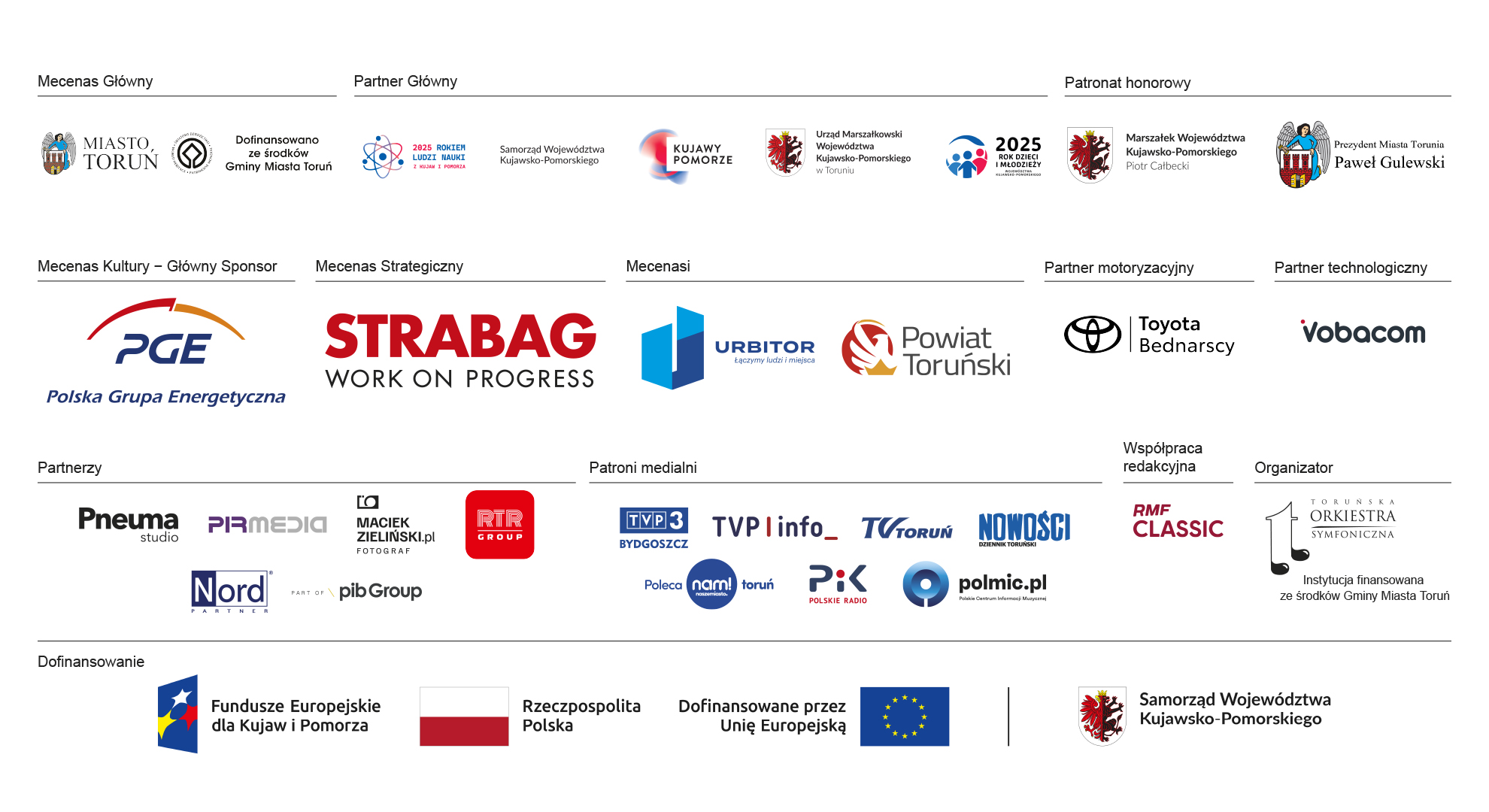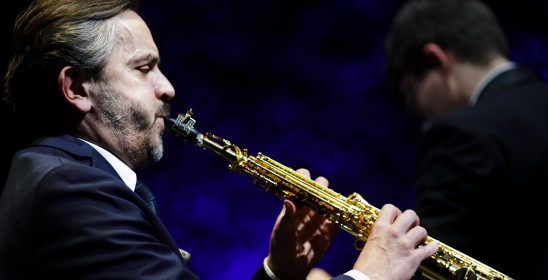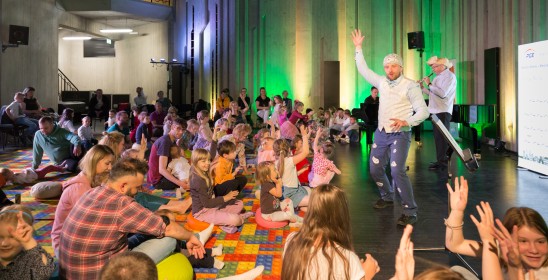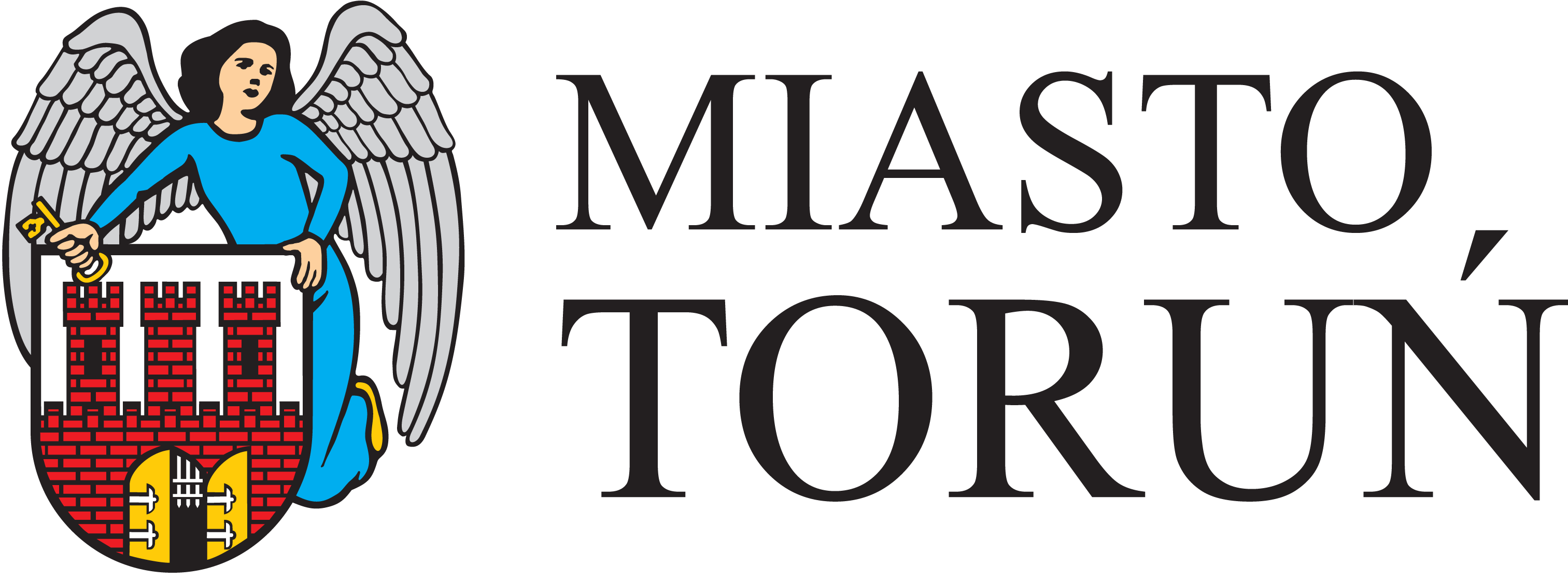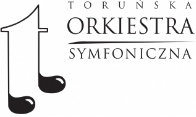Organ recital
- Dawid Wesołowski – organ
W programie:
- G.F. Haendel - Organ concerto in B-flat Major No. 6 Op. 4
- J.S. Bach - Prelude in A minor
- J.Ch.H.Rinck - Theme and Variations on "Heil dir im Siegerkranz"
At noon on 1 July, the majestic interior of Toruń’s St Johns’ Cathedral will resonate with the sound of one of the most powerful and awe-inspiring instruments — the organ. This special recital will be performed by Dawid Wesołowski, who will present works by the great masters of the Baroque and Classical periods: G. F. Handel, J. S. Bach, and J. Ch. H. Rinck.
The programme will feature one of Handel’s organ concertos, composed in the 18th century as interludes for his oratorios performed at the Covent Garden Theatre in London. These concertos were groundbreaking — among the first of their kind written specifically for the organ — and became models for future generations of composers.
Though Handel’s brilliance as a composer is undisputed, it is important to remember that he was also a virtuoso organist. Interestingly, the catalyst for his turn to organ composition was not purely artistic, but also practical: financial difficulties and competition from the emerging opera scene in London.
– During his early years in Italy, he met the renowned harpsichordist Domenico Scarlatti. Their encounter led Cardinal Ottoboni to organize a musical duel between the two. While opinions were divided regarding their harpsichord abilities, at the organ, there was no doubt: Handel’s superiority was clear. As John Mainwaring wrote in Memoirs of the Life of the late G. F. Handel: “Handel possessed extraordinary dexterity and command of his fingers; but what truly set him apart was the unmatched fullness, power, and energy with which he performed. These qualities shone equally in his playing and in his compositions.”
Johann Mattheson, in his seminal work Der Vollkommene Capellmeister, offered perhaps the highest praise: “It can be said that Handel, when it comes to organ playing, is second to none — except, perhaps, Bach of Leipzig.”
It is worth noting that the organs used by Johann Sebastian Bach in Germany were typically large instruments, equipped with double manuals and pedalboards, enabling them to dominate the orchestra with their powerful sound. In contrast, the English chamber organs played by George Frideric Handel had a single keyboard and no pedals, resulting in a lighter, more delicate tone that blended harmoniously with the ensemble rather than overpowering it.
During the concert at St Johns’ Cathedral in Toruń, we will hear Bach’s Prelude in A minor— a dramatic, free-flowing piece composed in the early 18th century during his tenure as court organist to the Prince of Saxony in Weimar. The work showcases Bach’s masterful command of improvisation and expressive intensity.
Also featured in the programme are compositions by Johann Christian Heinrich Rinck, a German organist and composer affiliated with the court orchestra of Prince Louis. We will hear his variations on the theme “Heil dir im Siegerkranz”— a melody that served as the national anthem of the Kingdom of Prussia and later as the unofficial anthem of the German Empire. Interestingly, the tune is identical to that of Britain’s “God Save the Queen”.
All works will be performed on a remarkable instrument: the main organ of St Johns’ Cathedral in Toruń, one of the most significant and historically valuable instruments of its kind in Poland. Located in the western choir, the grand organ was built in the 19th century by Wilhelm Sauer’s workshop in Frankfurt (Oder). With 52 stops, three manuals, and a pedalboard, it offers a rich, full sound that fills the cathedral’s Gothic interior. Following a major renovation in the 21st century, it has returned to active use in both concerts and liturgical services.
The sonic landscape is further enhanced by the smaller “side organ” located in the presbytery. Though more modest in scale, this instrument is a cherished part of the cathedral’s historic furnishings and is frequently used for intimate services and chamber music concerts.
This concert offers more than just a musical experience — it is an opportunity to hear history resonate through wood, metal, and the breath of air that has echoed within these Gothic walls for centuries. We warmly invite you to join us and become part of this living tradition.
Mecenas Główny: Miasto Toruń
Partner Główny: Samorząd Województwa Kujawsko-Pomorskiego
Dofinansowano z Funduszy Europejskich
Patronat honorowy: Marszałek Województwa Kujawsko-Pomorskiego Piotr Całbecki, Prezydent Miasta Torunia Paweł Gulewski
Mecenas Kultury - Główny Sponsor: PGE Polska Grupa Energetyczna S.A.
Mecenas Strategiczny: Strabag Sp. z o.o.
Mecenasi: Urbitor Sp. z o.o., Starostwo Powiatowe w Toruniu
Partnerzy: Pneuma Jarosław Pawlicki, Pirmedia Sp. z o.o., BJJ Maciej Zieliński, RTR Group Sp. z o.o.
Partner motoryzacyjny: Toyota Bednarscy
Partner technologiczny: Vobacom Sp. z o.o.
Patronat medialny: TVP3 Bydgoszcz, TV Toruń, Nowości - Dziennik Toruński , Toruń Nasze Miasto, Polskie Radio PiK, POLMIC
Współpraca redakcyjna: RMF Classic
Organizator: Toruńska Orkiestra Symfoniczna
